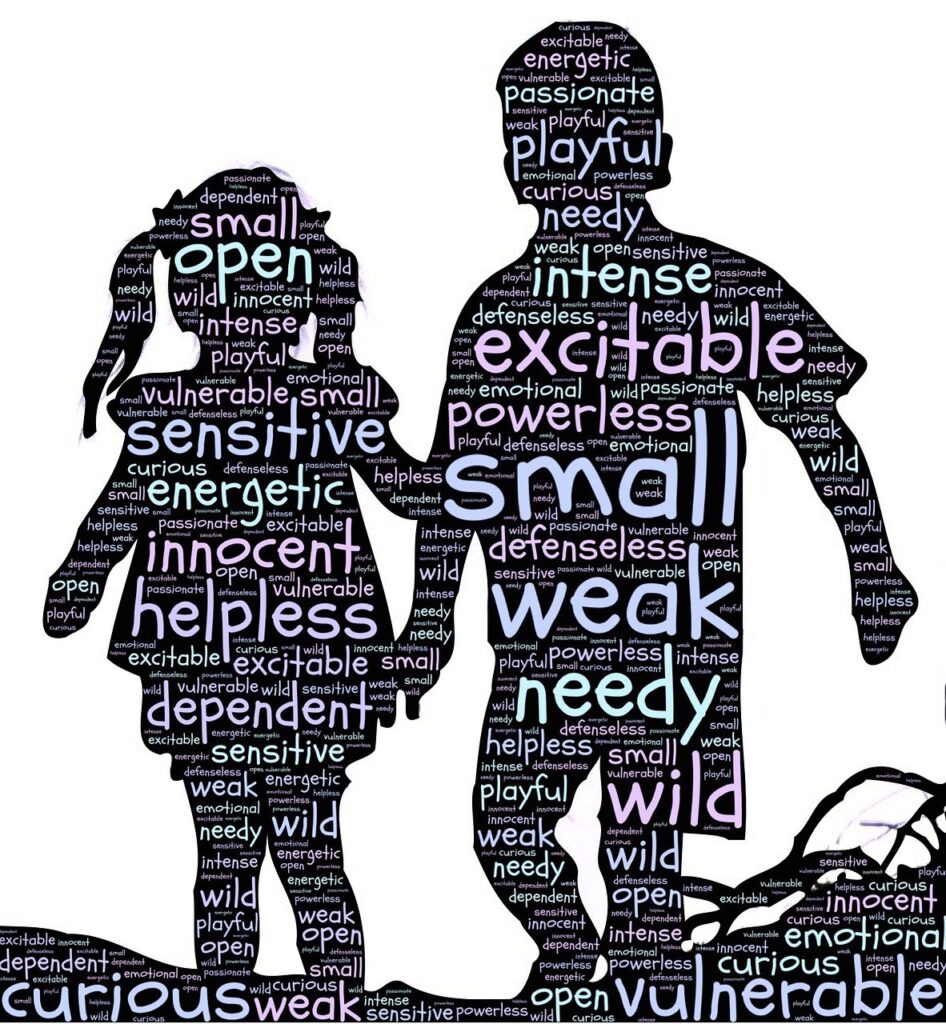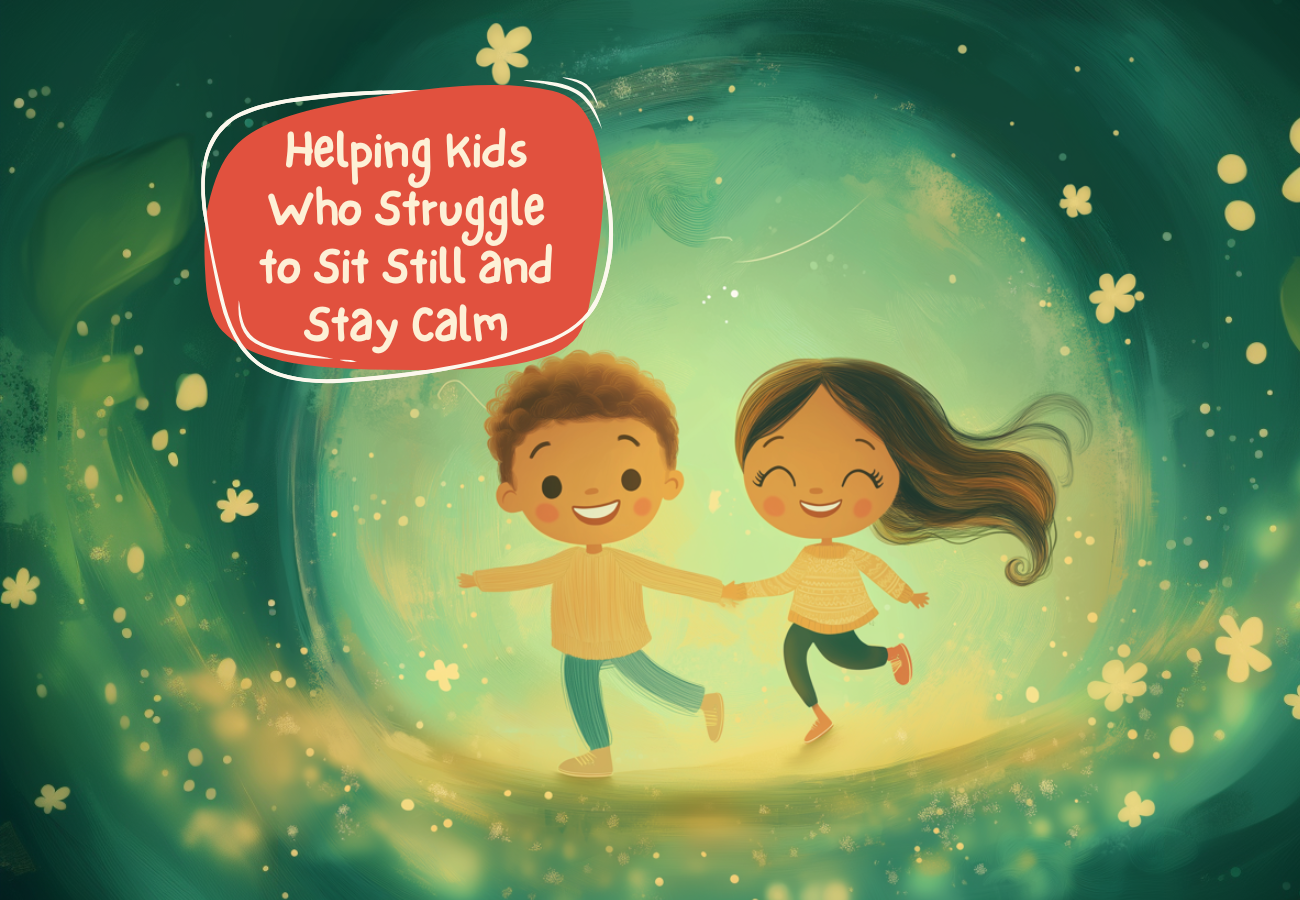The Emotional Needs of a Child: The Basics
 Since we are human beings, our mental health calls for expressing inner feelings. Children want to have their emotional needs satisfied even more. Newborns express it by crying and gurgling. At the same time, 10-year-olds may behave disobediently to grab their parent’s attention. If you are still thinking that your kids` bad behavior is just grizzling, you are wrong. That is an indicator of the emotional needs of a child. A calm kid also has to express feelings, though. All people do. Mental health largely depends on emotional needs.
Since we are human beings, our mental health calls for expressing inner feelings. Children want to have their emotional needs satisfied even more. Newborns express it by crying and gurgling. At the same time, 10-year-olds may behave disobediently to grab their parent’s attention. If you are still thinking that your kids` bad behavior is just grizzling, you are wrong. That is an indicator of the emotional needs of a child. A calm kid also has to express feelings, though. All people do. Mental health largely depends on emotional needs.
Children don’t remember their lives as toddlers. They say that one does not have to hide negative emotions in front of babies as they don’t recognize them. That’s not entirely true. According to NAEYC, they feel the whole range of emotions and need a proper attitude. This clearly demonstrates the significance of expressing emotions for children.
What Are Emotional Needs?
Emotional needs are the conditions for reaching a state of calmness and satisfaction. Actually, it’s a kind of small stuff (in an adult`s imagination). But that matters to kids. An example of emotional needs can be a desire to receive praise from dad for hitting the basket. A girl may be glad if you compliment her beauty. But both boys and girls need hugs, kisses, and kind words. Both boys and girls need equal attention from their fathers and mothers.
Unloved children are unhappy. Such kids may try to deserve love by betraying their true selves. Satisfying a child’s emotional needs is vital. Does your child need help to define his emotional needs? Try feelings chart for kids.
Here’s a list of a few emotions needed to be satisfied in a child’s life.
- Love
- Acceptance
- Safety
- Sense of belonging
- Appreciation
- Empathy
- Significance
- Permanence, etc.
One should meet at least those points to boost confidence and self-esteem in children.

Here the question arises: which of the following is an emotional need provided by the family? It depends. The parent`s task is to respond to all challenges.
Why Are Emotional Needs So Important?
Kids need proper nutrition and acceptable living conditions for healthy growth and development. These are the basic needs for activities of daily living.
Mental health components are invisible, but their scarcity is no less dangerous. Let’s take acceptance as an example of emotional needs. A child’s fear of being punished can cause telling lies. The consequences of such behavior are unpredictable. Kids need to feel safe telling the truth to their parents. If this is an issue in your family, practice honesty activities.
How Do You Meet the Emotional Needs of a Child?

Now that you know the list of emotional needs, let me explain how to tackle each point.
- Love
Tell your kids that you love them whenever possible. Emphasize that love is unconditional. You love them as they are.
- Acceptance
Make them sure that you will accept all the details of their life. Give them the freedom to be the person they want to be. In such a way, you will also teach them respect.
- Sense of belonging
Kids should have confidence in the future. For example, children feel anxious if the marriage is bulging at the seams. They worry about whether their family still exists. Fix the problem to meet their emotional need for a sense of belonging.
- Appreciation
Praise kids for all kinds of achievements, whether it’s a win in a competition or clean dishes.
- Empathy
This point is very vital. Never devalue the kid`s feelings. Even if it seems to be a trifle, it can mean the world to them. Do not criticize a child’s “first love”. Do not make fun of their hobbies or fears. Otherwise, you will be the last person they reveal their secrets to.
- Significance
Show that you are always available. Your kids should be aware that they matter to you more than work and colleagues. Pay attention to their problems.
- Permanence
Try to form a line of behavior and stick to it. Don’t change rules midway. Keep calm and create unchangeable boundaries for children.
- Safety
This point concerns both physical and emotional safety. There should be no room for abuse or deriding. These conditions cultivate malice in children. If you have a problem with it, this article can help you.
Last But Not Least
Try not to be an A-student when following this guidance. Instead, do your best to meet at least half of the emotional needs. It will change everything for real
More articles

Helping Kids Who Struggle to Sit Still and Stay Calm
Some children move through the world with nonstop energy that rarely seems to slow down. They bounce, fidget, tap their feet, or speak out when quiet is expected. These behaviors can feel overwhelming for parents, teachers, and caregivers trying to create calm. Is the child being defiant or simply overstimulated? Are they anxious, under-challenged, or […]

Teaching Kids to Celebrate Differences Through Books
Why Books Matter in Teaching Kids About Differences Teaching kids to celebrate differences through books is one of the most effective and natural ways to build a more inclusive future. Stories have long served as windows into other lives, cultures, and perspectives. When children read books that highlight diversity, inclusion, and empathy, they begin to […]

How Technology Can Empower Your Kids to Learn, Grow, and Thrive
Technology often gets a bad rap when it comes to its effects on children, including issues related to screen time, cyberbullying, and online distractions. While these concerns are valid, these misconceptions should not overshadow its incredible potential to enhance education, creativity and well-being for your child when used responsibly and mindfully. When used appropriately, technology […]



